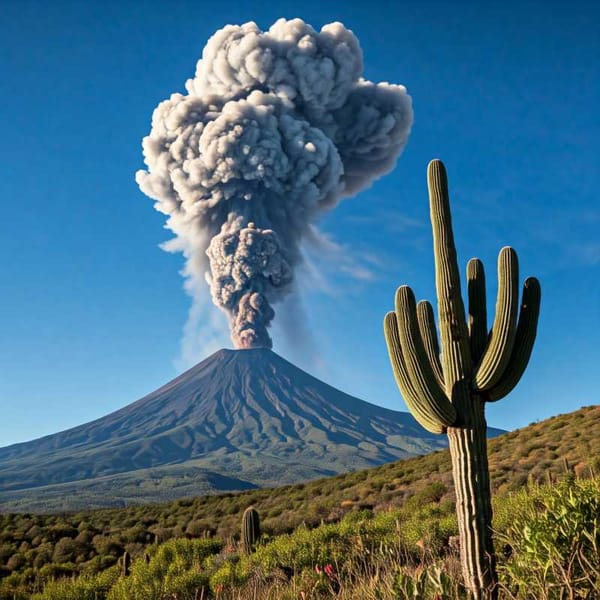March 18th: A Day History Took a Darkly Comic Turn
On March 18th, history reveals its darkly comedic side. A deposed Pakistani leader is sentenced to death, a controversial play faces trial, a daring art heist stuns the world, an actress's life is tragically cut short, and Putin's grip on power tightens amidst accusations of fraud.

History isn't just a collection of dusty dates and forgotten faces. It crackles with drama, skulks in shadows, and occasionally bursts out in garish displays of absurdity. Today, March 18th, holds a peculiar collection of historical events. We'll journey from the dark corners of political power struggles to the courtroom clashes over artistic expression, then take a detour into the audacious world of art heists before ending up in the carnivalesque atmosphere of a rigged election.
March 18th, 1978 saw Pakistani Prime Minister Zulfikar Ali Bhutto sentenced to death. A magnetic but controversial figure, he was found guilty of orchestrating a political murder. Power in Pakistan has often been a deadly game of musical chairs, and Bhutto, once revered as a national hero, now faced the hangman's noose. His execution a year later would send shockwaves through the nation, sparking questions about justice and political vendettas that linger to this day.




